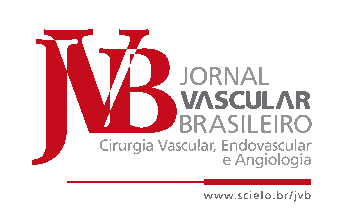INTRODUCTION:
Heart failure (HF) is a complex syndrome in which effort limitation is associated with deterioration of peripheral musculature. Improving survival rates among these patients have led to the appearance of cases in which other pathologies are associated with HF, such as peripheral vascular insufficiency (PVI). The combination of these two pathologies is common, with significant repercussions for affected patients.
OBJECTIVE:
To compare functional limitations and quality of life between patients with HF in isolation or HF + PVI.
METHOD:
Twelve patients with HF+PVI were paired to 12 patients with HF in isolation. All had ejection fraction <40%. The following were conducted: 6 minute walk test (6MWT), chair test (CT), step test (ST), one repetition maximum test (1RM) and quality of life questionnaire.
RESULTS:
The results for the 6MWT (311±27 vs. 447±29), ST (49±3 vs. 81±10) and CT (17±1 vs. 21±1) were lower in the HF+PVI group than in the HF group (p<0.05). The HF+PVI group exhibited a reduction in the number of steps taken from the first to the second minute of the ST, in relation to the HF group. The HF group exhibited better HR recovery than the HF+PVI group (50±4 vs. 26±3; p<0.05). No differences were found in results for the Borg scale, the peripheral muscle strength test (1RM) or the questionnaires (p>0.05).
CONCLUSIONS:
The study participants who had mixed disease exhibited a greater degree of functional impairment than the group with HF, without reporting worsened quality of life.
heart failure; peripheral vascular insufficiency; quality of life; 6-minute walk test; physiotherapy


